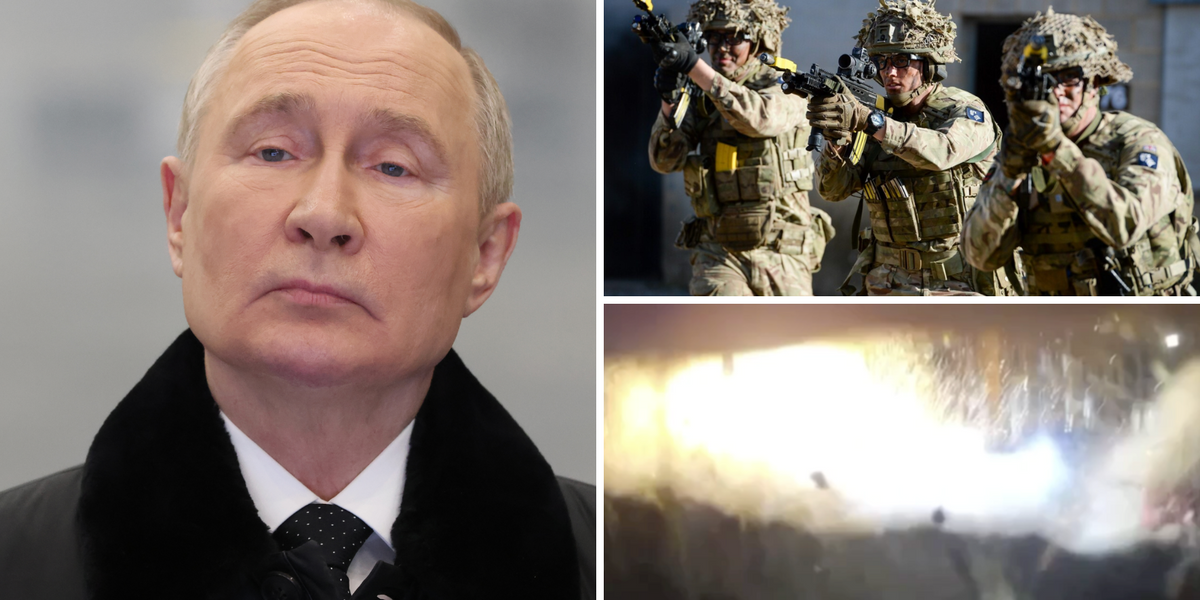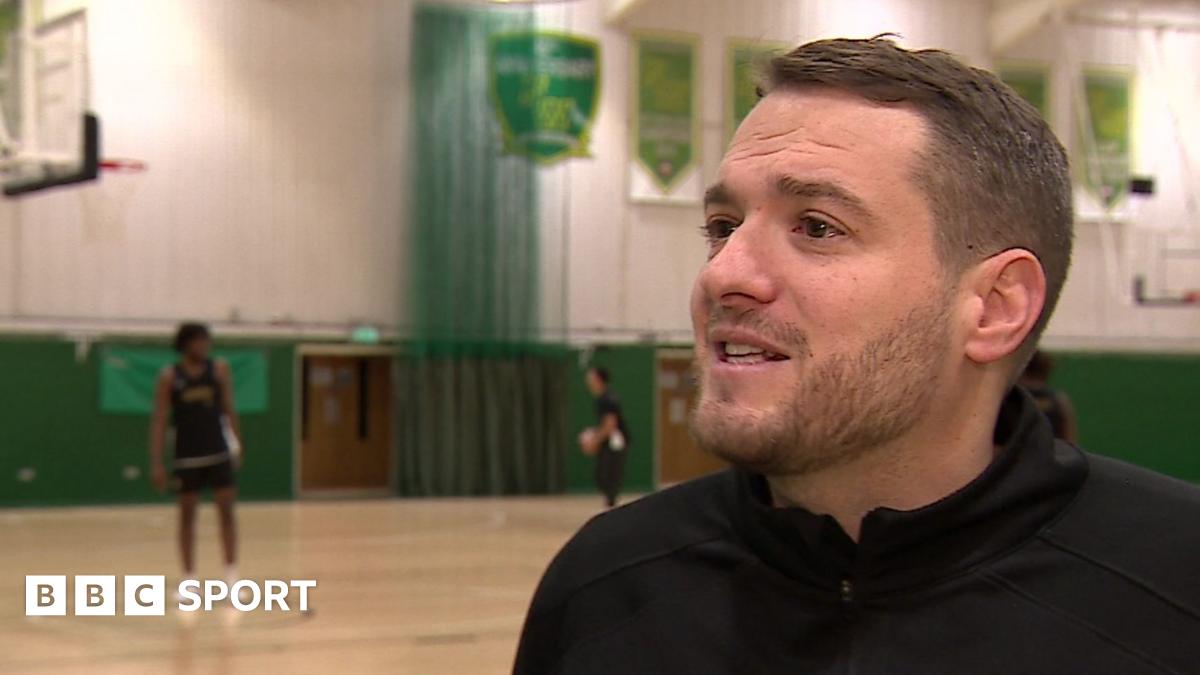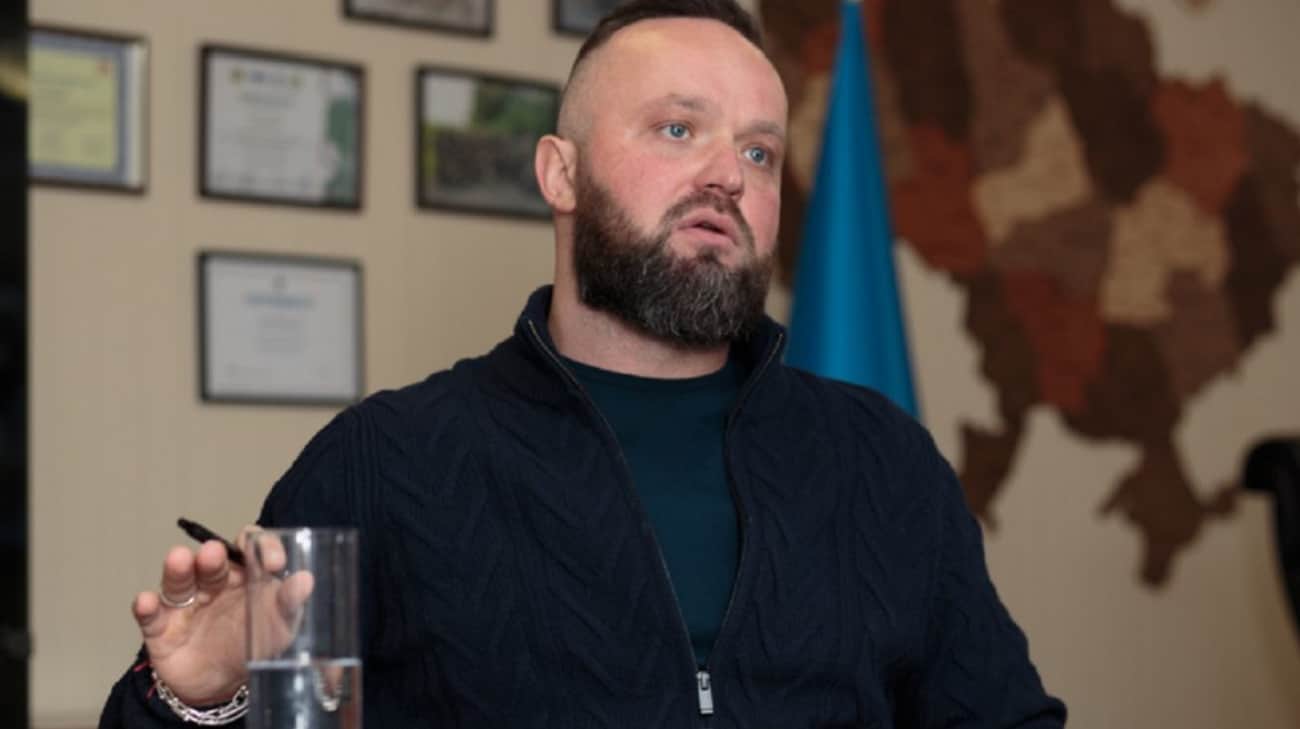World
Ukraine recruits Britain’s top detectives to train war crimes investigators

Two of Britain’s top detectives have been recruited by Ukraine to train police officers investigating war crimes including torture, mass murder and child abductions by the Russians.
The detectives have led inquiries into some of the UK’s highest-profile cases, such as the disappearance of chef Claudia Lawrence and the murder of author Helen Bailey.
They said they were “humbled” by the scale of atrocities Ukrainians have had to investigate and their “resilience” in doing so while at risk of death from constant Russian shelling.
“Nothing that I’ve achieved in my police career will go anywhere near what these people are achieving out there,” Dai Malyn, a former head of major crime in North Yorkshire and Cleveland who was awarded the Queen’s Policing Medal for his role in investigating murders, terrorism, sex attacks and kidnaps.
It is the first time Britain has provided such training to Ukrainian police and was revealed by the veteran detectives in exclusive interviews with The Telegraph after returning from their mission.
Two of the young Ukrainian police officers they trained were seriously injured and two of their colleagues killed by Russian shelling just days after former detective superintendent Malyn and his colleague, Fraser Wylie, a former senior investigating officer, returned to the UK.
‘I tell everyone what they’ve suffered’
“Those two young men were real characters in the group who I particularly bonded with,” said Mr Malyn, 57. “It has devastated me. It’s on my mind all the time. I tell everyone who I’m with socially – friends, family – what they’ve suffered.
“My wife just made some teddies and sent them to their young children. That’s just a real little gesture, but I feel helpless that we can’t do more for them. They’re almost trapped in that war. I honestly find it really difficult to get my head around it.”
The two British officers flew out last month to train 20 young Ukrainian police investigators after Ukraine approached the College of Policing, Britain’s main standards body for policing. Traditionally it has offered courses to British dependencies and countries with links to the UK, but never before to Ukraine.
In two weeks they provided them with “tried and tested” British policing models for evidence gathering, securing crime scenes, getting the best out of witness and victim interviews and making cases as robust as possible for the International Criminal Court.
The pair were chosen for their combined 50-plus years of policing. Mr Malyn led the review into the disappearance of Ms Lawrence as well as, more recently, the handling of Nicola Bulley’s case, who went missing by a river while walking her dog in Lancashire.
Mr Wylie, 54, successfully investigated the murder of children’s author Helen Bailey whose remains were found hidden at her Hertfordshire home. Her partner, Ian Stewart, was charged with her murder and found guilty in February 2017 as well as, subsequently, the murder of his first wife, Diane.
The war was ever present in the Ukrainian officers’ lives, even though the training was conducted in Poland. Throughout, they kept their mobiles with them for the air raid alerts from home. At times when the alarms went off, they had to leave the lectures to check their families were safe after a Russian missile or drone attack.
Mr Malyn said: “I’m used to dealing with very severely traumatised victims and their families. I have dealt with multiple homicides. But the difference with them is that they’ve got their own trauma going on in their own personal lives and yet they’re having to keep a professional, clear head and work in very dangerous situations.
‘We have the luxury in the UK to take time out’
“We all deal with murderers. In kidnaps, you deal with potentially tortured people, but, for them, this is happening day in, day out, whereas we have the luxury sometimes in the UK to put our foot on the ball and take time out.”
The Ukrainians, aged in their 20s or 30s, came from cities like Sumy, Chernihiv and Kherson, which have been under constant bombardment. One even came just a day after his apartment had been destroyed by a Russian shell.
Mr Wylie said they worked 16-hour days, six or seven days a week investigating multiple homicides, rapes and assaults in Russian torture chambers and abductions of hundreds of children.
“They’ll give examples of civilians being found shot in vehicles by Russian reconnaissance that they are sent out to investigate. When they get there, the crime scene will be booby-trapped,” he said.
“It is horrendous. I know nothing compared to these people if you look at their unrelenting work and the unrelenting conditions they’re working in. They keep going and you ask them why, and they say: ‘Because we’re the police.’ And that’s their answer.
“What they want is for these people to be prosecuted. They say: ‘We want the world to see in the international criminal court what these people have done to us.’”
Mr Malyn said the Ukrainian officers had little of the counselling and wellbeing support afforded to UK officers on the frontline. Instead, they relied on very strong bonds with their families and an “unbelievable sense of humour”. He added: “They don’t half play hard when they get the opportunity and let their hair down.”
“Being Welsh, I was teaching them Delilah and they really embraced that and British sarcasm. They’ve got a similar very crafty dry sense of humour. Once they opened up, they’re very, very funny people but so resilient. They can almost put a light-hearted slant on some really, really difficult subjects.”
The two officers have set up a JustGiving page to help raise money for the wives and children of the Ukrainian police officers.










